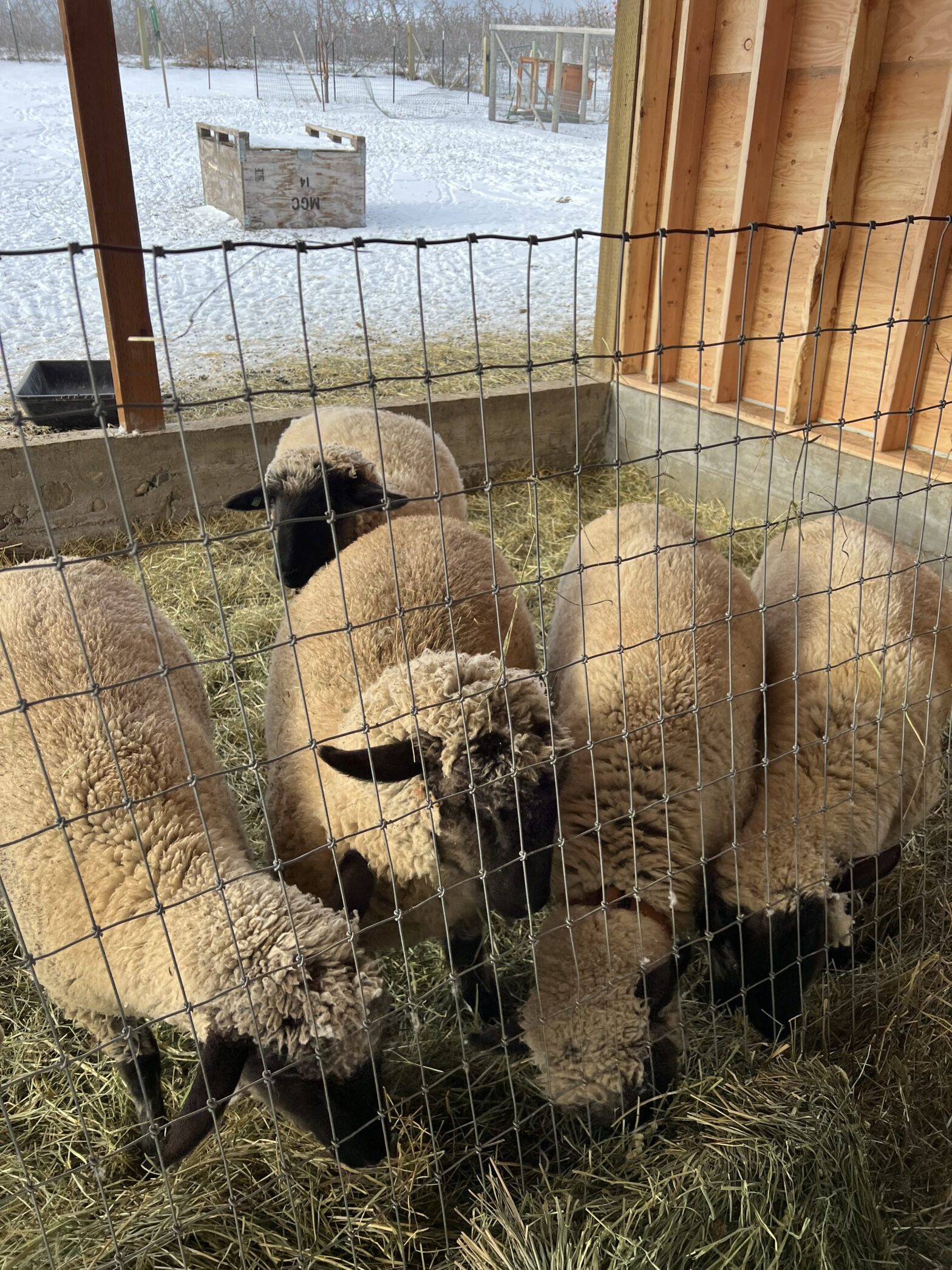Is Ecological Utopia Possible? Or should be striving for Excellent Farm Ecosystems? Lets explore how building a farm ecosystem can help build resiliency.
by Chad Steiner
What is the motivation for farms to become organic, sustainable or regenerative? Is it the premium price in the market for the product? Is it to produce more nutrient dense food? To care for the soil? To help our environment? To capture carbon? All these things stacked together seem to paint a picture of an “Ecological Utopia”. If we do all these things, we’ll achieve farming Nirvana or “Utopia” right…? Utopia definition: an imagined place or state of things in which everything is perfect. Let’s explore this a bit in the context of 1. Mother Nature prefers diversity over monoculture, 2. Does Organic Mean No Spray – No Way. 3. Development of an Ecosystem is the opportunity.
- Mother Nature prefers diversity. We can all testify to the immense beauty in the diversity of nature. Picture yourself in the foothills of the mountains discovering huckleberry’s for the first time. Likely surrounded by coniferous trees, grasses and other non-fruit bearing bushes. The image is a contrast to how we produce fruit or other crops in modern agriculture. Modern agriculture isn’t evil, far from it. Modern agriculture evolved to make food production effective and efficient in a monoculture. Nevertheless, it’s a contrast to what nature prefers. And with the diversity nature prefers comes natural health and vibrancy.
- Does Organic mean no spray – no way. Organic production is often still carried out in a monoculture. Producing food in a monoculture creates an environment for pests to thrive. For fungi to create disease they need three things (it’s called the disease triangle): 1. A susceptible host (lots of those in a monoculture), 2. An environment favorable for disease development (a monoculture can influence this), 3. The presence of inoculum (lots of the same plants together gives a fungus an opportunity to flourish in turn creating more inoculum). Therefore, you bet we still need to spray! And in this case of a fungus the tool would be an organic fungicide. The positive news is there are new tools available to spray crops that are organic (whether it be insects or weeds or fungus). But there’s still more to the story. For example, how do we interrupt one of the three things a fungus needs – and interrupt its life cycle? Ecosystem. Ecosystem. Ecosystem.
- How do we develop and improve our farm ecosystems? I’d like to share a quote from a man I had breakfast with once at a company meeting in Miami, FL. He was then the Chairman of the Syngenta board. An Oxford graduate who spoke 11 languages. The conversation was mostly on world history… but he also left me with a quote that left a lasting impression: “Mother Nature fights agriculture as soon as the seed goes into the ground.” Whether it’s a tree, a vine or crop grown from seed – mother nature challenges these plants. Mother Nature challenges them with insects in the soil, insects as the plant grows, etc. etc.. But, and a big but. If we can find ways to create an ecosystem, we can activate natural defense mechanisms in plants. Let me describe one example – the incorporation of sheep into the orchard and vineyard to help with weed management. Instead of using a mechanical mower or synthetic herbicide, sheep can graze at different times of the year, consume what are sometimes called weeds and simultaneously “poop” which is magic for the soil biology and at the same time the sheep get food. Really magical.
So is Ecological Utopia possible? Or is it better for us to think about building an ecosystem? A strong ecosystem can be resilient and develop “natural” ways to help build resiliency. Perfection or Utopia simply isn’t possible. Excellent Farm Ecosystems are. And in doing so we open the door to capture carbon, build our soils and leave our farms in a better place.
Cheers,




